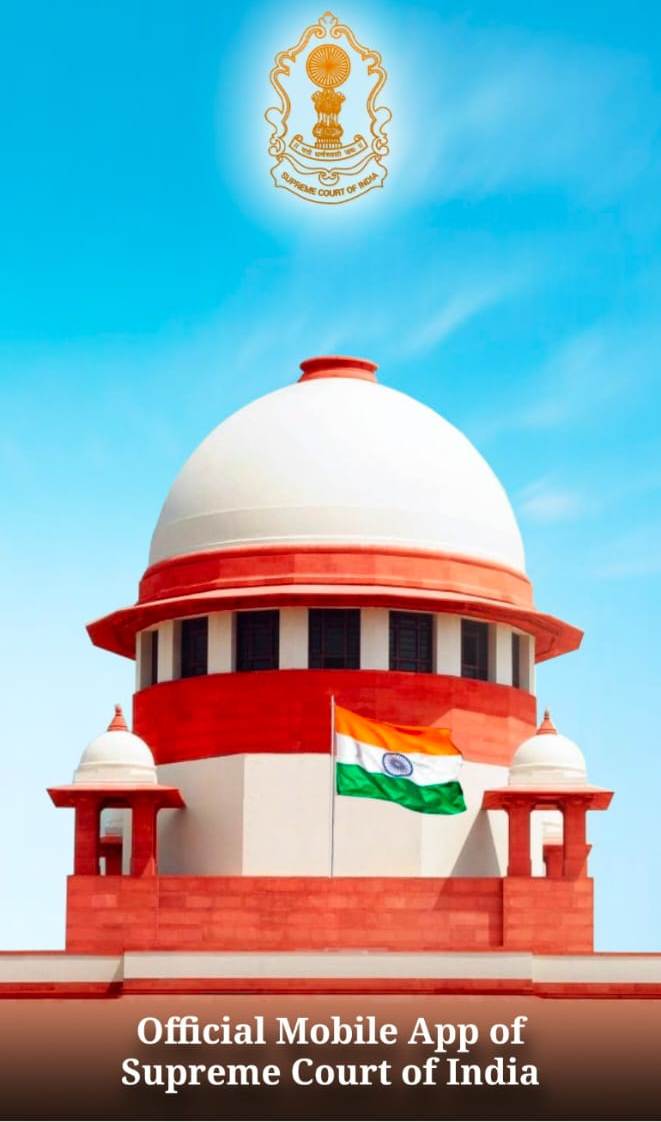The Supreme Court has criticised the Haryana Deputy Superintendent of Police (DSP) for forcing an accused to sign a confession statement under Section 180 of the Indian Penal Code (IPC) against his will.
The Court expressed that it was surprised by the irresponsible conduct of the police officer and called the DSP’s attitude audacious.
A bench comprising of Justice S.Ravindra Bhat and Justice Dipankar Datta cautioned the officer and instructed him to exercise more caution and responsibility.
Section 180 (refusing to sign statement) of the IPC provides for punishment to anyone who refuses to sign a statement made by them, when they are required to sign such statement by a public servant who is legally competent.
The Bench held that the Section was not attracted in the present case, but proceeded not to further censure or act against the official.
As pointed out in the judgment, Section 162 of the Code of Criminal Procedure (CrPC) says that no statement made to a police officer in the course of investigation is required to be signed by the person making the statement.
A copy of the judgment was directed to be sent to the State’s Director General of Police (DGP) to ensure that such instances do not recur and so that police officers at all levels are made aware of the legal provisions and the impact that ignorance of legal provisions could have on pending criminal proceedings.
The Court was dealing with a challenge to an order of the Punjab & Haryana High Court that had refused to quash proceedings against the appellant in a cheating case.
The Bench held that the order under challenge did not meet the grounds necessitating any interference. As such, the High Court order was upheld.
However, the appellant was given liberty to pursue remedies against the charges under Section 180 IPC, if any were framed or taken cognisance of later.
The Court said that an officer, who is a at the rank of DSP, ought to know that in terms of section 162, Cr. PC, no statement made by a person to a police officer in the course of any investigation under Chapter XII of the Cr. PC, which is reduced to writing, is required to be signed by the person making the statement,” the Court said.
Anyone who refuses to sign a statement they have made when asked to do so by a public official who is legally competent is subject to penalty under IPC Section 180 (refusing to sign statement).
The Bench decided that the Section was not applicable in this circumstance, but it took no further action to reprimand or punish the official.
As stated in the judgement, no statement given to a police officer during an inquiry is needed to be signed by the individual giving the statement, according to Section 162 of the Code of Criminal Procedure (CrPC).
To prevent similar occurrences and to ensure that police officers at all levels are informed of the legal provisions and the potential effects that ignorance of legal provisions could have on ongoing criminal proceedings, it was ordered that a copy of the judgement be sent to the State’s Director General of Police (DGP).
However, if any allegations under Section 180 IPC were later made or granted cognizance, the appellant was free to pursue remedies against them.
“If any charge thereunder by any separate order has been framed against the petitioner, she will be at liberty to pursue her remedy in accordance with the law,” the Court said.


